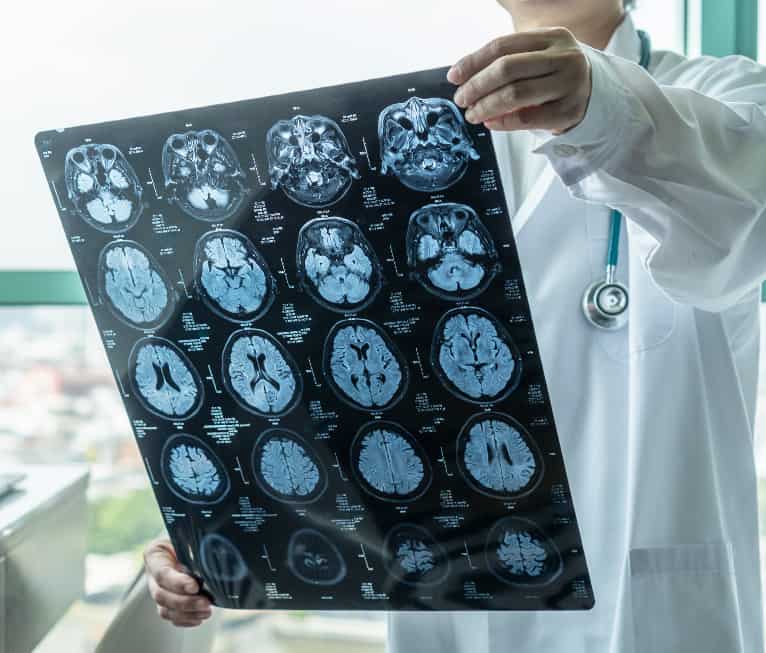Why are Traumatic Brain Injuries Common after Truck Crashes?
June 8, 2021
Broken bones, burns, and lacerations are excruciating injuries, but they can often heal over time with adequate medical treatment. Brain injuries, however, often affect victims for the rest of their lives. A sudden blow, bump, or penetration to the head can affect the way a person’s brain works forever.
Known as traumatic brain injuries, or TBI for short, about 61,000 people die from TBI-related causes in the United States each year. Nearly half of all TBI-related hospitalizations result from a fall, but motor vehicle crashes are also a leading cause, especially when the accident involves a large truck.
Types of Head Injuries a Person Could Suffer in a Truck Accident
Large trucks often weigh 20-30 times as much as a passenger vehicle, which means that when they collide with a car, they are liable to generate about sixteen times the impact power of the average car. This level of shock to the body can produce severe damage to a person’s body and brain.
In general, there are two types of head injuries: closed and open. A closed head injury occurs when a person’s head hits an object but does not result in any exterior damage or visible wound. Open head injuries are caused by an impact that cracks or pierces the skull and exposes brain tissue. Within these two categories of head injuries are:
- Concussion: The most common head injury after any motor vehicle accident, concussions are caused by a sudden movement that causes the brain to bounce around or twist in the skull. Concussions can cause chemical changes in the brain and may result in the stretching or destruction of brain cells.
- Anoxic brain injuries: If a truck accident causes a victim to be pinned, the flow of oxygen to the brain can be restricted, resulting in the death of brain cells, known as an anoxic brain injury.
- Subdural hematoma: A subdural hematoma is the result of a collection of blood between the covering of the brain and the surface of the brain, similar to a bruise.
- Hemorrhage: Profuse bleeding from a ruptured blood vessel or copious blood loss, also known as an intracranial bleed.
- Toxic brain injuries: Motor vehicle accidents with tankers transporting hazardous materials can expose the brain to poisonous substances that could result in a toxic brain injury.
Human brains are only protected by the skull, meninges, and cerebrospinal fluid. When the body is hit with the immeasurable force of a semi-truck, this meager protection stands little chance in the prevention of an injury.
What are the Signs of a Traumatic Brain Injury after a Truck Accident?
Any injury to the brain has the potential to result in a fatality. If you or someone you care about has experienced any of the following symptoms after surviving a truck accident, seek medical attention as soon as possible:
- Loss of consciousness
- Slurred speech
- Confusion
- Nausea or vomiting
- Seizures
- Drowsiness
- Problems walking or staying balanced
- Seeing double
- Weakness or numbness
- Headache
- Lapses in memory
- Emotional changes
- Difficulties with motor functions
An examination by a medical doctor is the first step in diagnosing a traumatic brain injury. Anyone showing any of the above symptoms after a truck accident should seek with their healthcare provider right away. Unfortunately, not much can be done to reverse brain damage caused by trauma, but a healthcare professional can stabilize the patient and work to prevent any further damage.
